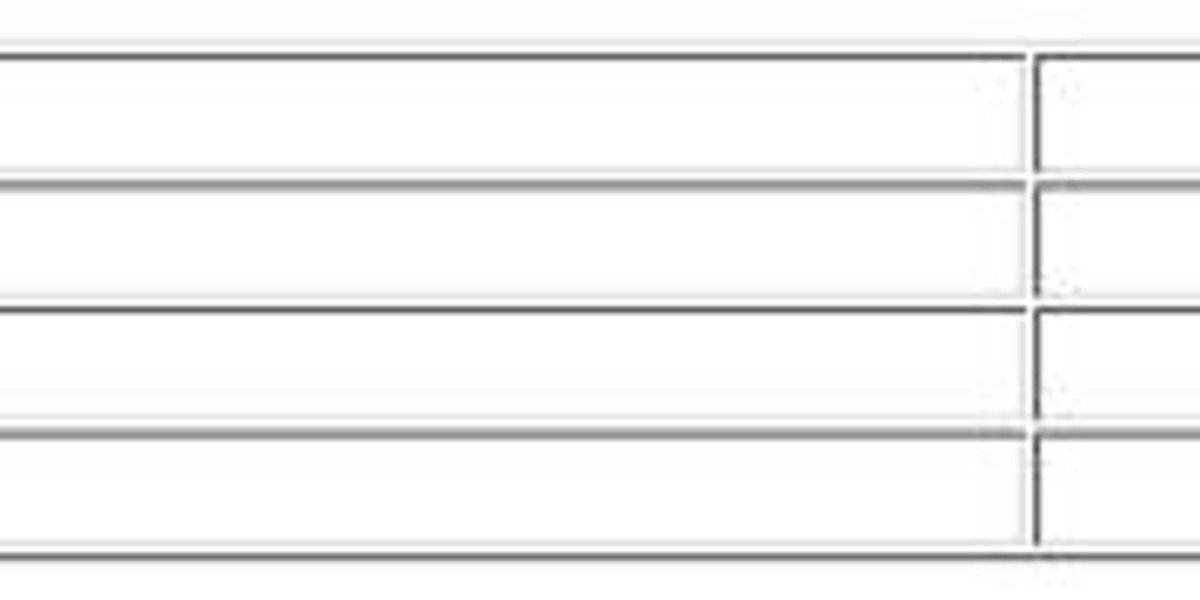Understanding the German B1 Certificate: A Gateway to Advanced Language Proficiency
The German B1 Certificate, typically referred to as the "Zertifikat Deutsch B1," is a considerable milestone for learners of the German language. This accreditation, which is part of the Common European Framework of Reference for Languages (CEFR), symbolizes a level of efficiency that allows people to communicate effectively in a large range of daily and expert circumstances. This short article delves into the value of the B1 certificate, the evaluation process, and tips for preparation.
What is the German B1 Certificate?
The German B1 Certificate is a globally recognized language credentials that confirms to a student's capability to comprehend and utilize German in a variety of contexts. At the B1 level, individuals can:

- Understand the main points of clear basic input on familiar matters frequently encountered in work, school, leisure, and so on.
- Deal with most circumstances most likely to arise while taking a trip in a location where the language is spoken.
- Produce easy connected text on topics that are familiar or of individual interest.
- Describe experiences and occasions, dreams, hopes, and aspirations, and briefly provide reasons and explanations for opinions and plans.
Value of the B1 Certificate
Educational Opportunities: The B1 certificate is often a prerequisite for admission to German universities and other college organizations. It demonstrates to admissions committees that the applicant has an enough command of the German language to follow the curriculum and take part in academic conversations.
Expert Advancement: In the professional world, the B1 certificate can open doors to job chances in German-speaking countries or worldwide business. It shows companies that the prospect can interact successfully in a service environment and deal with routine tasks in German.
Cultural Integration: For individuals planning to live in Germany or other German-speaking nations, the B1 certificate is an important tool for integrating into the regional community. It allows them to engage in social activities, comprehend cultural nuances, and construct relationships with native speakers.
Personal Fulfillment: Achieving the B1 level is a substantial individual accomplishment. It enhances confidence and provides a sense of accomplishment, motivating students to continue their language journey.
The Examination Process
The German B1 Certificate examination is developed to assess the candidate's efficiency in all four language abilities: reading, writing, listening, and speaking. The test is usually divided into the following sections:
Reading Comprehension:
- Format: Candidates read a series of texts and address multiple-choice concerns.
- Skills Assessed: Ability to understand and translate composed info, consisting of short articles, letters, and narratives.
Writing:
- Format: Candidates compose a short essay or letter based upon an offered prompt.
- Skills Assessed: Ability to reveal concepts clearly and coherently in written type, with right grammar and vocabulary.
Listening:
- Format: Candidates listen to audio recordings and answer questions based upon what they hear.
- Skills Assessed: Ability to understand spoken German in various contexts, consisting of discussions, statements, and interviews.
Speaking:
- Format: Candidates get involved in a structured discussion with an examiner.
- Abilities Assessed: Ability to interact successfully in spoken German, including revealing opinions, asking and addressing questions, and explaining circumstances.
Preparation Tips
Practice Regularly: Consistent practice is essential to enhancing language abilities. Participate in activities that include all four language skills, such as reading German books, writing journal entries, listening to German podcasts, and speaking with native speakers.
Usage Authentic Materials: Incorporate authentic materials into your study routine, such as German newspapers, magazines, and television programs. This will assist you end up being acquainted with real-world language usage.
Take Practice Tests: Familiarize yourself with the format and kinds of questions in the B1 assessment by taking practice tests. Many resources are readily available online, and language schools often offer mock examinations.
Sign Up With a Language Course: Enroll in a German language course to get structured guidance and feedback from experienced trainers. Group classes likewise provide chances to practice speaking with peers.
Broaden Your Vocabulary: Build a robust vocabulary by learning new words and phrases regularly. Usage flashcards, apps, or a vocabulary note pad to track your progress.
Seek Feedback: Regularly seek feedback on your speaking and writing skills from native speakers or language tutors. This will assist you determine locations for improvement and improve your language usage.
Frequently asked questions
Q: How long does it take to prepare for the B1 examination?
A: The time needed to prepare for the B1 evaluation differs depending on the individual's beginning level and the intensity of their study. Usually, it can take several months of consistent practice to reach the B1 level.
Q: Can I retake the B1 evaluation if I fail?
A: Yes, you can retake the B1 assessment if you do not pass. It is advisable to identify the areas where you require enhancement and concentrate on those before retaking the test.
Q: Are there various versions of the B1 certificate for different functions?
A: Yes, there are different variations of the B1 certificate, such as the "Zertifikat Deutsch B1" for general functions, the "Zertifikat Deutsch B1: Beruf" for professional contexts, and the "Zertifikat Deutsch B1: Gesundheitswesen" for healthcare professionals.
Q: Is the B1 certificate legitimate for life?
A: The B1 certificate is typically thought about legitimate for life, but some organizations might need you to take a new test if a substantial quantity of time has passed since your initial certification.
Q: Can I utilize the B1 certificate for visa applications?
A: Yes, the B1 certificate is frequently accepted as evidence of language efficiency for visa applications to German-speaking nations. Nevertheless, it is always recommended to inspect the particular requirements of the embassy or consulate.
The German B1 Certificate is a valuable credential that opens various doors in education, work, and individual growth. By understanding the evaluation process and following a structured preparation plan, students can effectively attain this essential milestone in their language journey. Whether you are preparing to study in Germany, advance your profession, or just enhance your language abilities, the B1 certificate is a considerable action towards accomplishing your goals.








